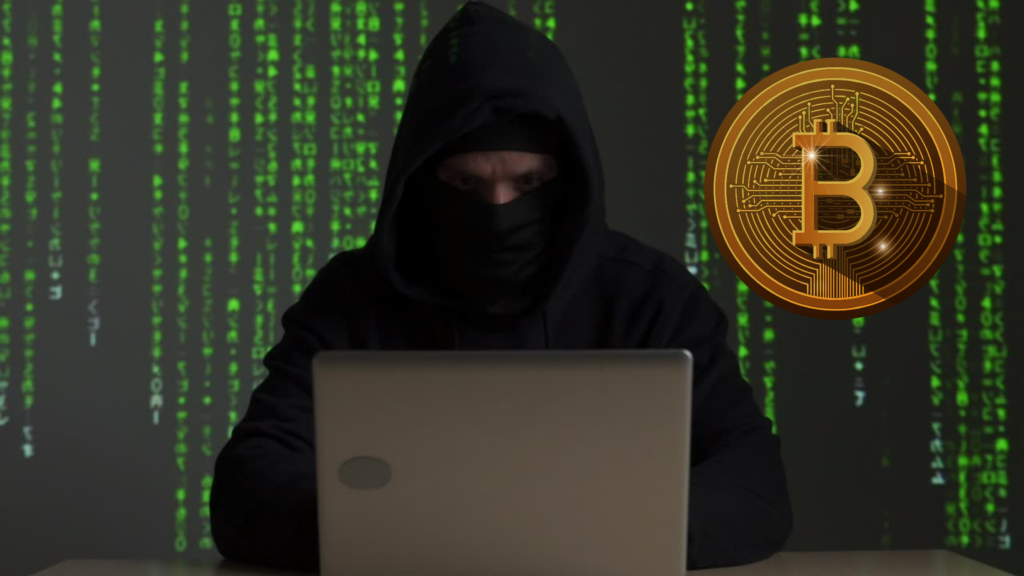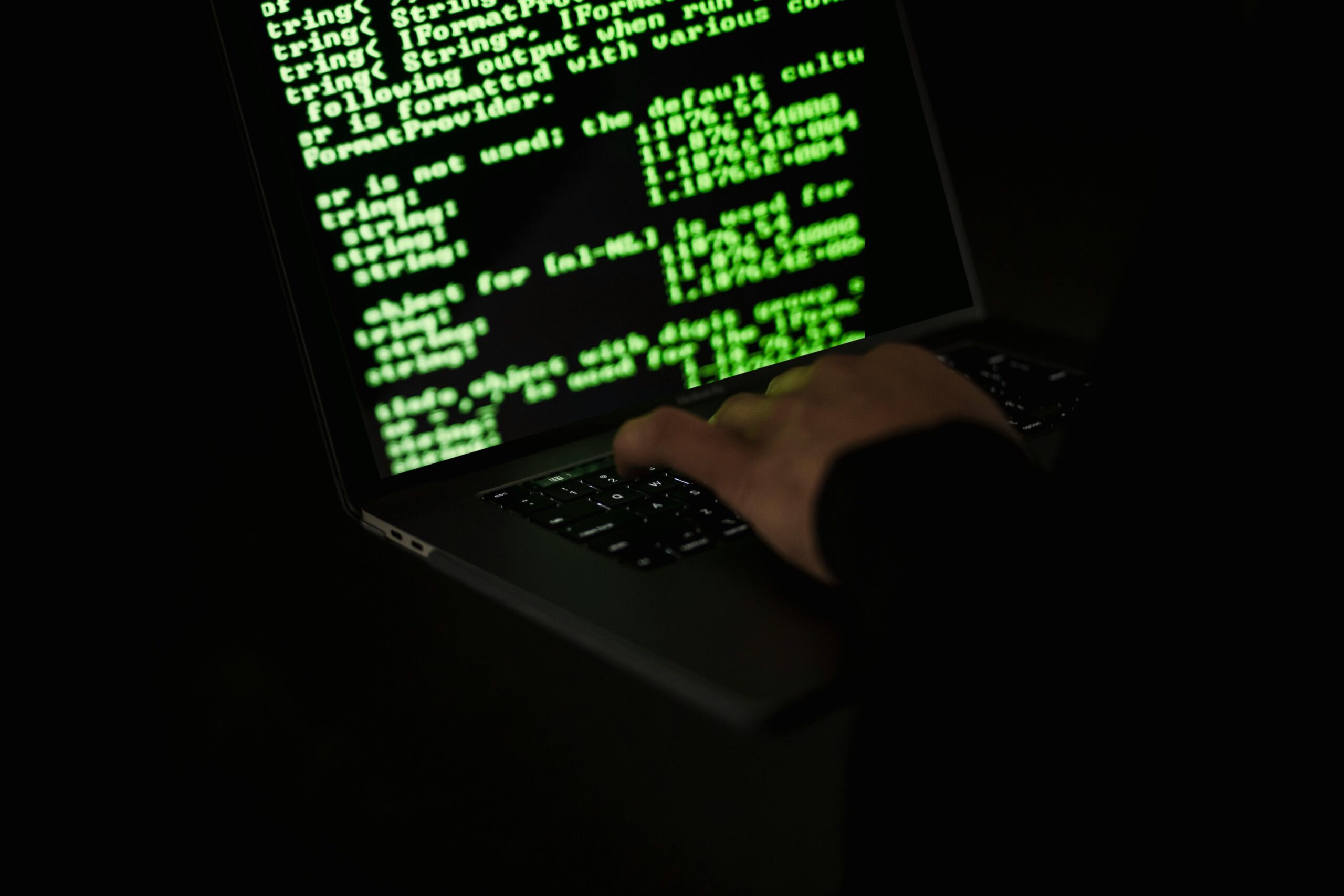In a significant blow to the cryptocurrency world, Indodax, one of the largest crypto exchanges in Southeast Asia, has suffered a catastrophic hack that resulted in a loss of $20 million. The breach has raised critical questions about the security infrastructure of centralized exchanges, and it serves as a stark reminder of the vulnerabilities faced by platforms handling digital assets.
As users scramble to assess their losses, the wider community is left questioning the safety of their investments. In this article, we’ll dive into the details of the attack, how it unfolded, its impact on users, and what this breach means for the future of cryptocurrency exchange security.
Indodax Hack Breakdown: A Major Setback for Cryptocurrency Security
The Indodax hack is one of the largest cryptocurrency thefts in recent history. As one of Indonesia’s most prominent cryptocurrency exchanges, Indodax boasted millions of users and a trading volume that put it among the top-tier exchanges in Southeast Asia. However, despite its stature, the exchange’s defenses were unable to withstand a sophisticated, coordinated attack that drained its users’ accounts.
At the heart of the breach was a combination of weak internal security protocols and vulnerabilities within the exchange’s wallet management system. Experts suggest that these flaws were exploited by cybercriminals, who used advanced tactics to gain unauthorized access to large amounts of Bitcoin, Ethereum, and other digital currencies stored on the platform.
How Did the Hack Occur?
While investigations are still ongoing, early reports suggest that the attack was initiated through a targeted phishing campaign. Employees of the exchange, particularly those with elevated administrative privileges, received seemingly legitimate emails containing malicious links. By clicking these links, the attackers gained control over key credentials, enabling them to penetrate Indodax’s internal systems.
From there, the attackers moved to the second phase: exploiting backend vulnerabilities within the platform. These vulnerabilities were likely related to Indodax’s wallet architecture, which allowed the hackers to transfer large sums of digital assets to external wallets under their control. This process went unnoticed for several hours, as the platform’s real-time monitoring tools either failed or were bypassed.
Once the hackers had control of the assets, they swiftly moved them through a variety of cryptocurrency mixing services. These services, commonly used in money laundering, help obscure the trail of transactions, making it much more difficult for investigators to track the stolen funds.
What Assets Were Stolen?
The stolen assets were primarily composed of the following cryptocurrencies:
- Bitcoin (BTC): 300 BTC, valued at roughly $8 million.
- Ethereum (ETH): 5,000 ETH, with a market value of $7.5 million.
- Ripple (XRP): 10 million XRP, valued at approximately $2 million.
Other Altcoins: Smaller amounts of Litecoin, Binance Coin, and several lesser-known tokens, making up the remaining $2.5 million in stolen funds.
Indodax has yet to release a full list of affected assets, but the confirmed total loss stands at $20 million. The stolen funds were transferred to external wallets, which are now under close scrutiny from blockchain analytics firms. Unfortunately, given the decentralized nature of cryptocurrencies, recovery of these funds is unlikely unless the attackers make critical errors during the laundering process.
The Impact on Indodax Users: What Comes Next?
For Indodax users, this hack has caused widespread panic and confusion. Many users have found their accounts drained, and while the exchange has promised to work on compensating affected individuals, the details of how and when this will happen remain unclear. The platform has temporarily suspended all withdrawals and trading activity while it conducts a thorough security review.
Indodax’s hack has once again highlighted the risks associated with centralized exchanges. Unlike decentralized finance (DeFi) platforms, where users maintain full control over their funds, centralized exchanges like Indodax require users to trust that the platform will secure their assets. In this case, that trust has been broken, and the repercussions for Indodax’s reputation could be severe.
Potential Compensation and Legal Ramifications
Indodax has issued an initial statement acknowledging the breach, stating that they are working closely with local authorities and cybersecurity experts to investigate the attack. However, no concrete compensation plan has been unveiled. In previous high-profile exchange hacks, such as those involving Binance and Mt. Gox, exchanges have taken months, and even years, to fully reimburse users. The legal consequences of this breach could be significant, particularly as governments worldwide are tightening regulations on cryptocurrency exchanges. In Indonesia, this hack may prompt lawmakers to introduce stricter regulations on how exchanges are required to handle user funds and implement security measures.
The Future of Centralized Exchanges: Lessons Learned from Indodax.

This hack has raised several important questions about the long-term viability of centralized exchanges and the necessary steps that must be taken to prevent future breaches. Here are some key takeaways that the industry should consider:
1. Strengthening Security Protocols
Centralized exchanges must prioritize continuous security upgrades to protect user funds. This includes implementing multi-factor authentication (MFA) across all administrative and user accounts, conducting regular penetration testing, and utilizing advanced AI-powered monitoring tools to detect suspicious activity in real-time.
2. User Education
Hackers frequently target employees and users through social engineering attacks, as seen with the Indodax phishing scheme. Therefore, educating both exchange employees and users on how to recognize phishing attempts and other common attack vectors is essential. Offering cybersecurity training for employees and encouraging users to enable two-factor authentication are critical steps toward enhancing overall security.
3. Decentralization as a Solution
While centralized exchanges offer ease of use, they also present a single point of failure. Decentralized exchanges (DEXs), on the other hand, allow users to maintain full control over their private keys, reducing the likelihood of large-scale thefts. As the DeFi space continues to grow, it is likely that more users will shift toward DEXs to mitigate the risks posed by centralized platforms.
4. Insurance for Digital Assets
One of the most effective ways to build user trust in the wake of such incidents is to offer insurance for digital assets. Some exchanges have already begun offering crypto insurance policies that protect users in the event of a hack. Indodax, and other centralized platforms, should consider implementing similar policies to compensate users in the event of future breaches.
Regulatory Implications: How Governments Are Responding to Crypto Hacks
In light of this breach, there is growing pressure on governments to introduce tighter regulations governing cryptocurrency exchanges. The Indonesian government, in particular, may push for new regulations that enforce stricter Know Your Customer (KYC) and Anti-Money Laundering (AML) policies for exchanges operating within the country.
Globally, we are seeing a shift towards more stringent oversight of cryptocurrency platforms. The European Union, for example, has recently proposed the Markets in Crypto-Assets (MiCA) regulation, which would impose stricter rules on exchanges and require them to hold insurance to cover user losses in the event of a hack. As more governments follow suit, exchanges like Indodax will be expected to comply with these evolving standards or risk losing their licenses.
Protecting Your Crypto: Best Practices for Individual Investors
In light of the growing threat posed by exchange hacks, individual investors must take steps to protect their own assets. Here are a few key recommendations:
1. Use Hardware Wallets
The most secure way to store your cryptocurrency is by using a hardware wallet. These devices keep your private keys offline, significantly reducing the risk of them being compromised in a hack. Popular hardware wallets include Ledger and Trezor, both of which support a wide range of digital assets.
2. Avoid Keeping Large Sums on Exchanges
While exchanges are convenient for trading, they should not be used as long-term storage solutions for your crypto. Consider keeping only the amount you need for immediate trading on an exchange, and store the rest in a hardware wallet.
3. Enable Two-Factor Authentication
Always enable two-factor authentication (2FA) on your exchange accounts. This adds an additional layer of security, making it more difficult for hackers to gain access even if they manage to steal your password.
4. Be Wary of Phishing Attempts Stay vigilant against phishing scams. Never click on links in unsolicited emails, and always double-check the URL before entering your credentials on any website. Many phishing emails are designed to look like legitimate communication from exchanges, but there are often small discrepancies that can tip you off to the scam.
Protecting Your Crypto: Best Practices for Individual Investors
Conclusion: A Wake-Up Call for the Crypto Community
The Indodax hack has sent shockwaves throughout the cryptocurrency world, once again highlighting the inherent risks associated with centralized exchanges. While the immediate focus is on recovering the stolen funds and compensating affected users, the long-term impact of this breach will likely shape the future of crypto exchange security.
As the industry grapples with these challenges, both users and platforms must take proactive steps to enhance security measures, from adopting decentralized solutions to improving employee training on cybersecurity best practices. Only by learning from the vulnerabilities exposed in this hack can we hope to create a more secure environment for cryptocurrency investors.
In the meantime, Indodax users—and the broader crypto community—are left to contemplate the lessons learned from this devastating breach and consider how to better safeguard their digital assets in the future.
Read other articles which is based on Dell Data Breach 2024 Database Hacked, 49 Million Customers

